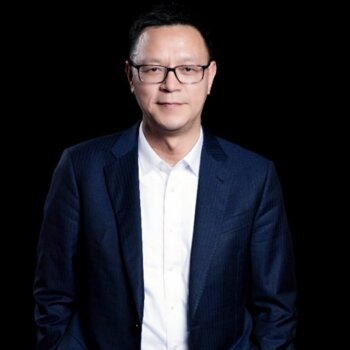(This is one in a series of articles and interviews about conscious business leadership, which is about leaders creating and promoting workplaces of understanding, honesty, and compassion, for the betterment of their employees, their community, their organization and world.)
How does one individual make a true impact on a critical issue like global warming and the dangers it presents to our world? Well, one man from Hong Kong, David Yeung, is taking the lead by tackling one of the largest, and not most well-known threats to the planet: the lifestock industry.
In addition to the many hats he wears as an investor, philanthropist, best-selling author, columnist, and media host, David is the co-founder of Green Monday (http://www.greenmonday.org.hk/), a Hong Kong-based social enterprise group whose purpose is “to tackle climate change and global food insecurity by making low-carbon and sustainable living simple, viral and actionable.”
Marion: David, why did you start Green Monday?
Green Monday is a social enterprise that aims to combat climate change and global food insecurity issues with a platform that is simple, viral and actionable. I founded Green Monday because I find that most people lack direction on how to help the environment, and don’t know that the choice is food is a simple yet impactful way to help the world.
Marion: What is the business case for Mindfulness in Green Monday. Why does Hong Kong need mindfulness?
HK people are among the most stressed people in the world. Despite the material wealth, many people are suffering and are constantly discontented. Mindfulness would be a great tool for them to rediscover their inner peace and happiness.
Marion: Green Monday should be for everyone – why?
Green Monday is for everyone because we all agree it is important to protect our planet and for the environment to be sustainable. We simply create a platform that every corporation, academic institution and individual can join!
For more information about Green Monday, please see http://www.greenmonday.org.hk/
For more information about Wisdom 2.0 and upcoming events, please see http://www.wisdom2summit.com/





























